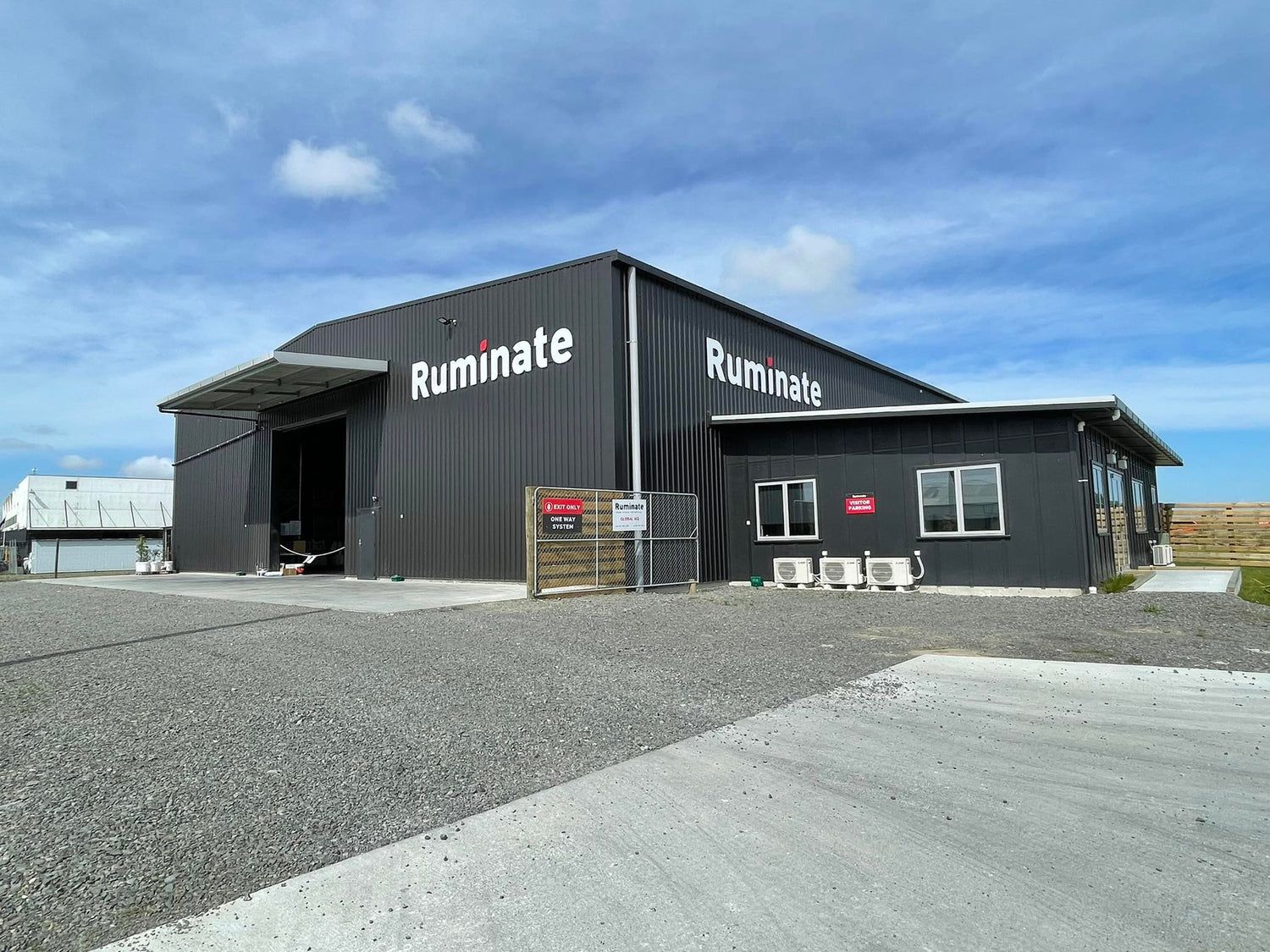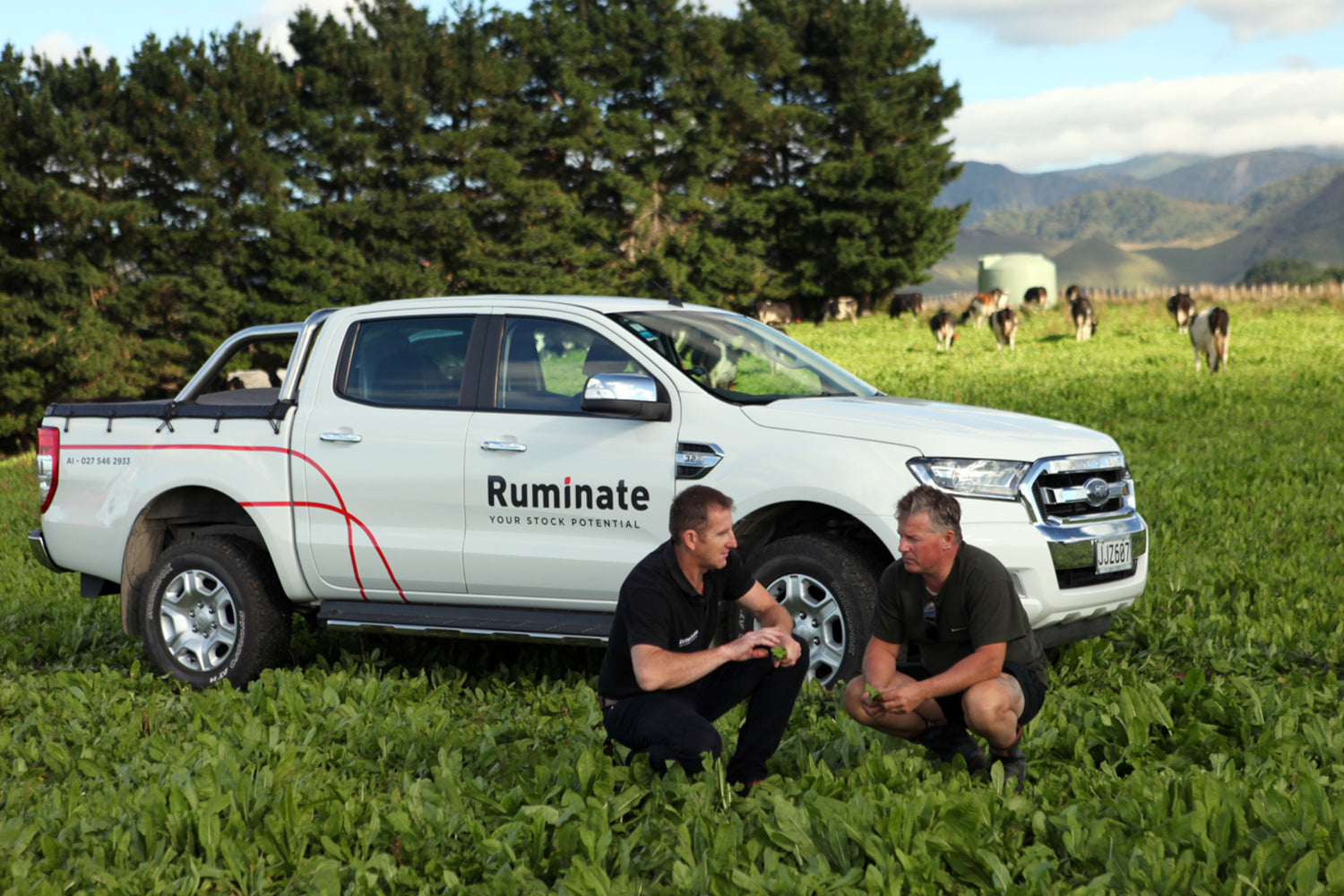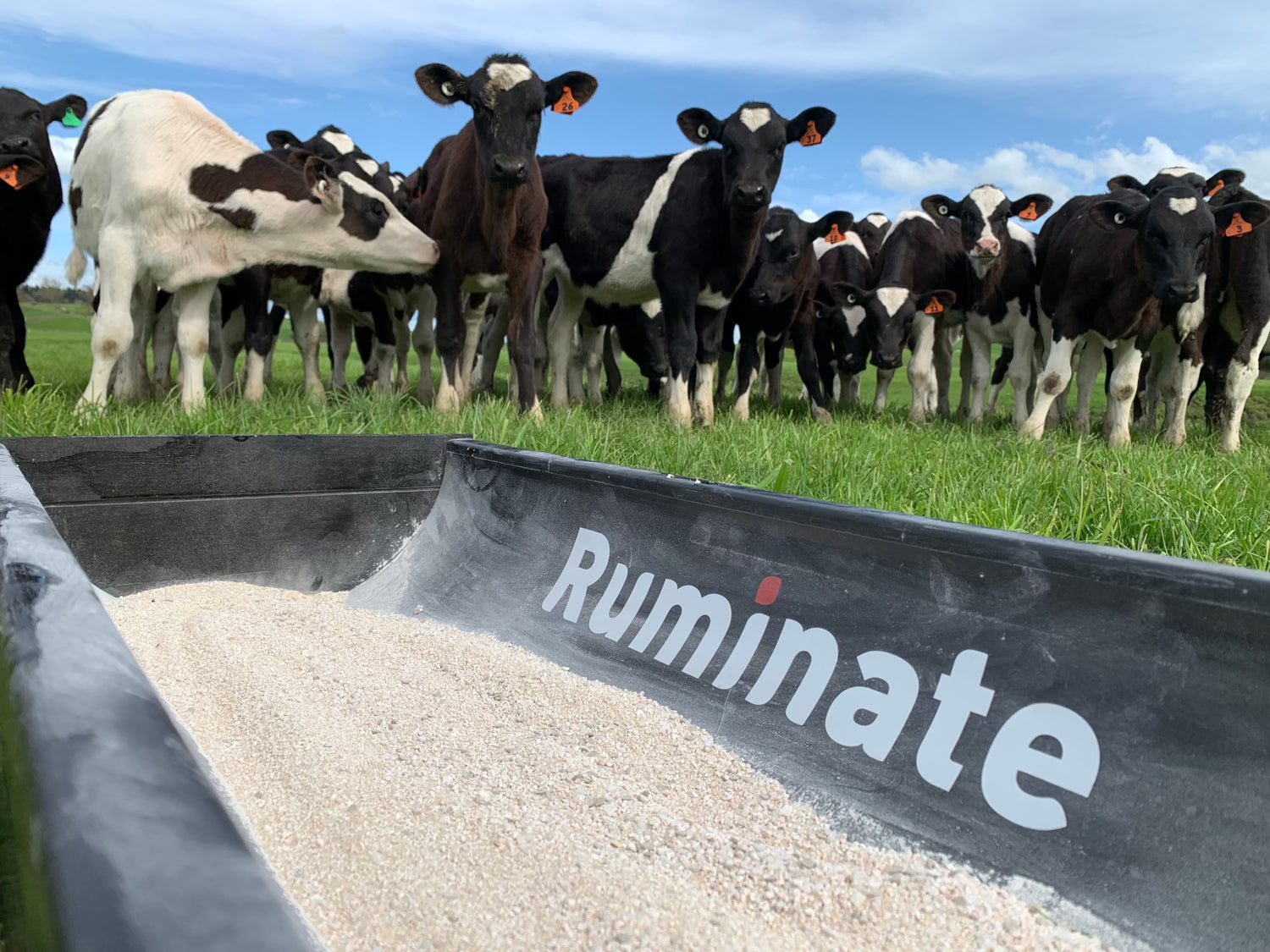Magnesium is vital for energy production, metabolism of other minerals, regulation of blood sugars, maintaining normal muscle and nerve function, and maintaining strength of bones and teeth.
Horses have a limited ability to store magnesium, so it is best to be supplemented daily.
The fast growth rate of grass in spring (or any time of year that is warm and wet) often causes the grass to be deficient in magnesium. This contributes to magnesium deficiency in horses, if they are relying on pasture for magnesium intake.
Magnesium is quickly lost through sweat and urine, meaning that in times of stress and heavy exercise horses require supplemented magnesium to replace it.
Problems associated with magnesium deficiency in horses
Magnesium deficiency can have very variable effects on different horses. Even if they are on the same pasture, some horses may not have any outward signs while others become un-rideable. Even horses who aren’t visibly effected still need magnesium for optimum body and brain function, but for those that do suffer symptoms adding magnesium to their diet may have a dramatic calming effect.
Behavioural problems caused by magnesium deficiency may include:
Nervousness, excitability and hypersensitivity (especially to noise).
Spookiness and various degrees of uncoordination
Inability to relax physically and/or mentally.
Inability to cope with stress.
Body tension, tight/trembling muscles.
Fatigue, irregular or pounding heart beat.
Resistance to collection, bending, turning or extending.
How Equinate supports your horse's magnesium levels
Equinate combines highly bio-available magnesium from calcareous marine algae with magnesium oxide support to nerve, muscle and brain function. This daily dose can help your horse relax both physically and mentally, so he is comfortable and able to get the most out of his training.
Magnesium oxide is safe for your horse, as the body will not absorb it if there is no deficiency.





